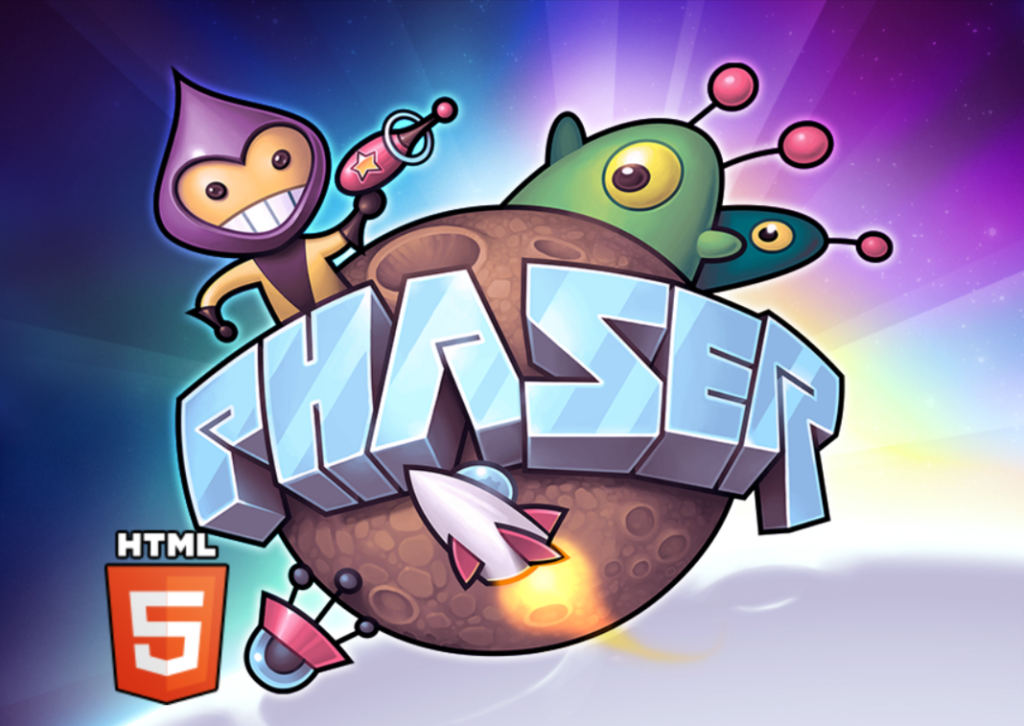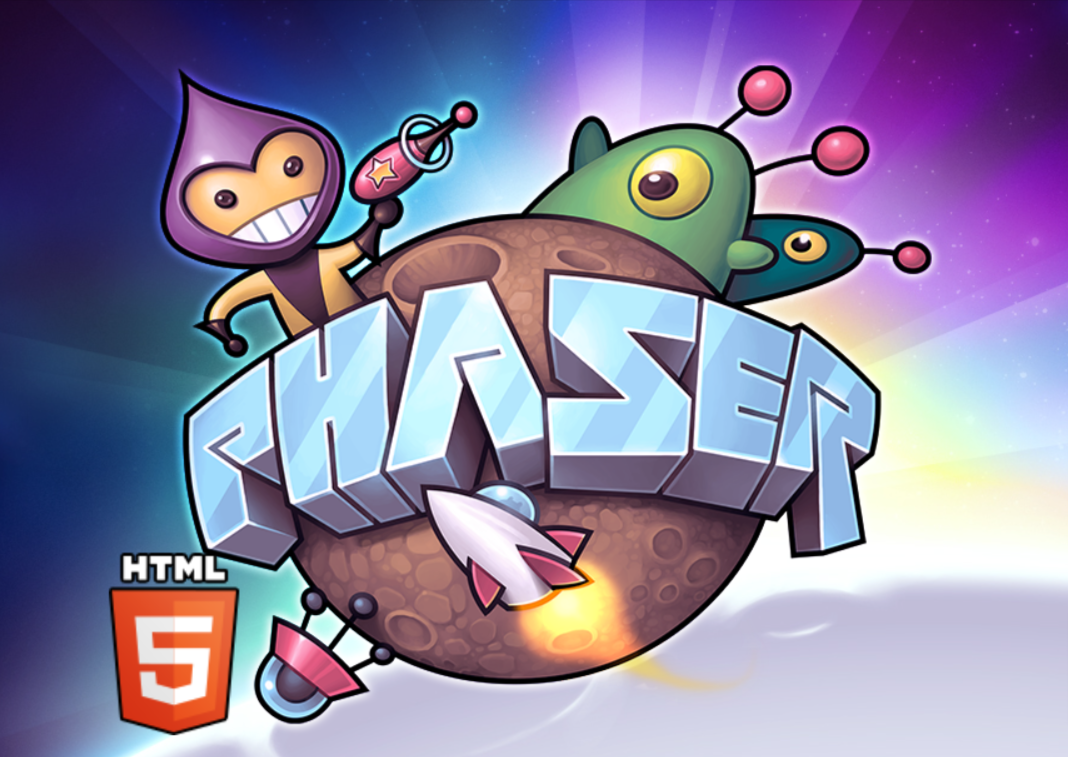Game engines serve as the backbone of game development, providing developers with essential tools and functionalities to create captivating gaming experiences. In this article, we’ll delve into the fundamentals of game engines, their significance in the gaming industry, and explore some popular options available today.

What is a Game Engine?
At its core, a game engine is a software or library that facilitates the creation of games. It encompasses a range of essential functions, including:
- Audio management.
- Rendering, encompassing both 2D and 3D graphics.
- Networking and data streaming.
- Physics engine for realistic object interactions.
- Graphic settings optimization.
- Animation control and display.
- Memory management.
- Scripting capabilities.
- The Importance of Game Engines
For game developers, game engines play a pivotal role due to the functionalities they offer. Analogous to a bread-making machine in baking, game engines streamline the game development process by handling fundamental tasks, allowing developers to focus on creativity and innovation.
Selecting the right game engine can significantly ease and expedite the production process. It’s crucial to choose a game engine that aligns with the scale and requirements of the game being developed. Each game engine comes with its own complexity, and developers must consider whether all provided features are necessary for their project.
Introducing Popular Game Engines
Let’s take a closer look at some widely used game engines to provide insights and considerations for prospective developers:
1. Construct
Construct stands out for its versatility, as it can be run anytime, anywhere, including in web browsers. Its latest version, Construct 3, features an intuitive web-based editor supporting JavaScript. Games developed with Construct can be deployed across various platforms, including web and mobile.
For more information, visit: Construct
2. Cocos2d-x
Cocos2d-x falls into the category of lightweight and free game engines. Supporting C++, JavaScript, and Lua programming languages, it offers an IDE called Cocos-Creator for streamlined development. Known for its efficiency on mobile devices, it also provides a variant for web-based games called Cocos-HTML5.
For more information, visit: Cocos2d-x
3. Unity 3D
Unity 3D has gained popularity for its comprehensive features and user-friendly interface. Similar to Unreal Engine, Unity 3D supports a wide range of platforms and programming languages, from C++ to C# and JavaScript. It caters to games ranging from casual to AAA titles.
For more information, visit: Unity 3D
4. Corona
Corona Game Engine, based on Lua, offers lightweight yet powerful 2D game development capabilities. It supports deployment on multiple platforms, including iOS, Android, and various TV platforms. With its core features available for free, Corona is an attractive option for developers.
For more information, visit: Corona
5. Phaser

Phaser stands out as a robust HTML5 game engine, ideal for web-based game development. With support for WebGL and Canvas, it provides ready-to-use basic components and allows for custom component development if needed.
For more information, visit: Phaser
6. Unreal Engine
Known for its suitability for AAA game development, Unreal Engine supports C++ and UnrealScript programming languages. Since 2015, Unreal Engine has been available for free with certain revenue limitations, offering multi-platform game development capabilities.
For more information, visit: Unreal Engine
Conclusion
Game engines serve as indispensable tools for game developers, offering a wide array of functionalities to streamline the development process. By understanding the basics of game engines and exploring popular options available, developers can make informed decisions to bring their gaming visions to life effectively and efficiently.




